Vacationers unwinding at Lepi, a harborside taverna in the bustling Greek port of Volos, are usually treated to a glass of ouzo and a selection of grilled octopus and stuffed peppers, all while enjoying an uninterrupted view of the Pagasetic Gulf’s azure waters.
However, this week, they were greeted by the nauseating odor of hundreds of thousands of dead fish.
Coastline Overrun by Decaying Fish
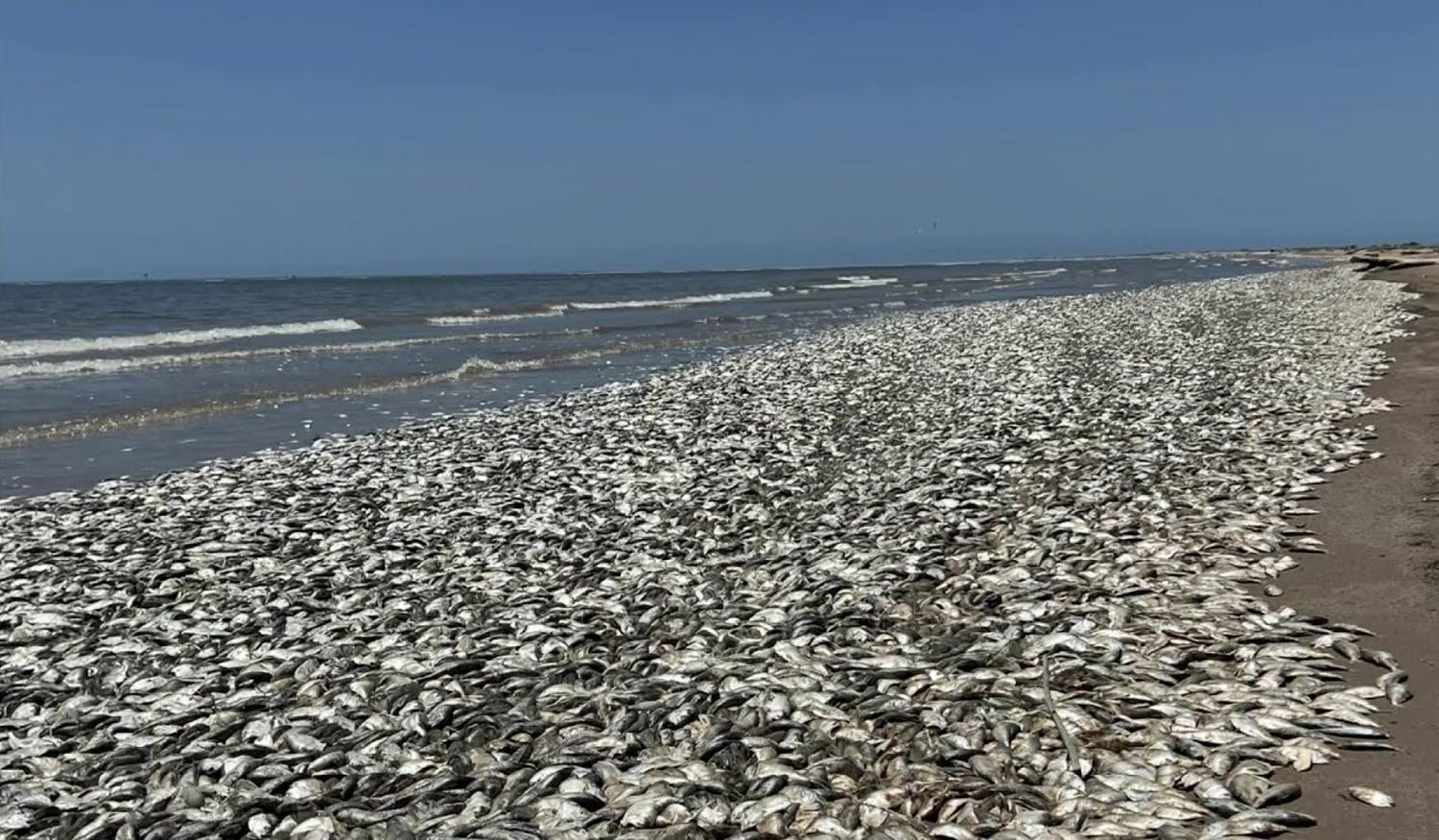
Authorities in Volos faced an environmental disaster on Thursday as miles of coastline were covered with decaying fish.
The once pristine waters had become a graveyard of bloated, silvery bodies.
Flooding Linked to Fish Influx
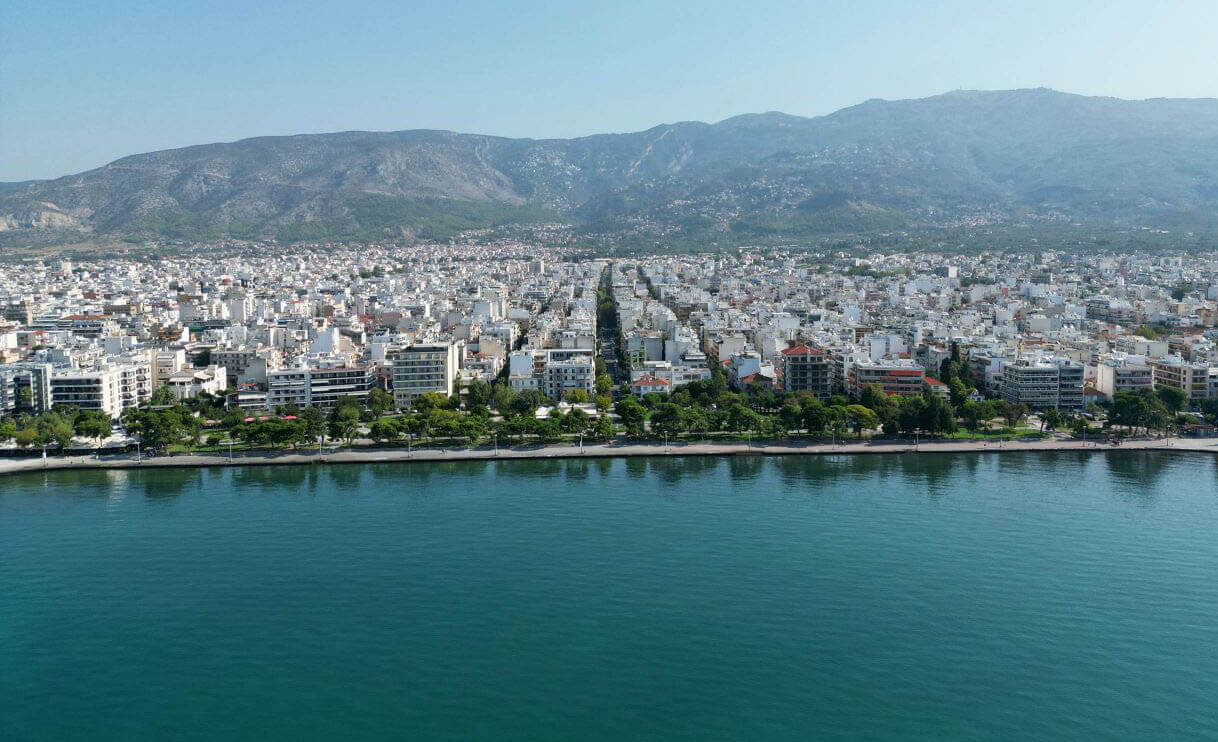
Officials attribute the influx of freshwater fish into the salty sea to the flooding that occurred last year.
While efforts are underway to clear the dead fish, there are concerns about potential long-term impacts on the local environment and significant damage to the city’s tourism industry.
Local Restaurateur Describes Devastating Fish Die-Off
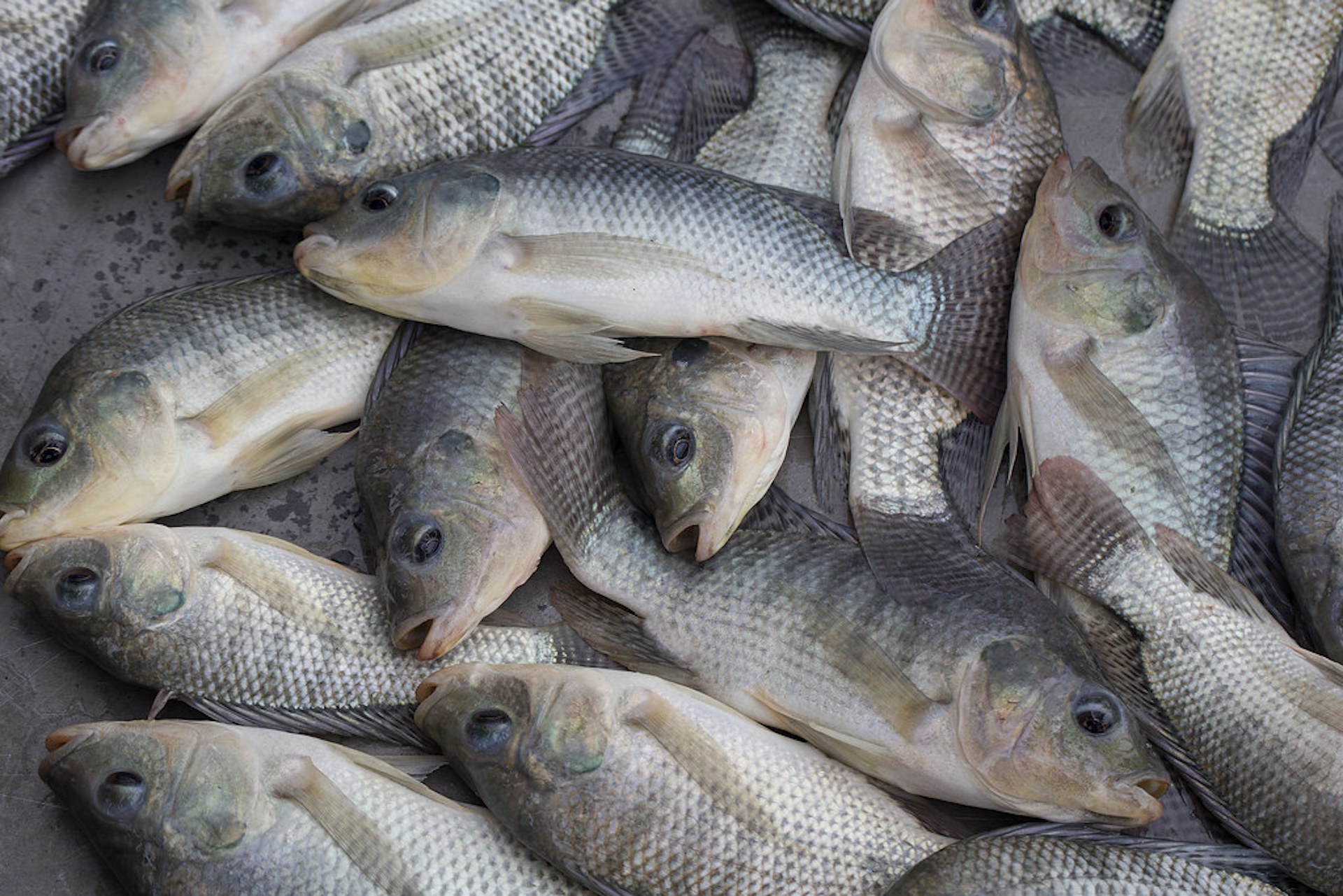
“The smell has been so, so bad,” Theofilos Voulgaris, 48, owner of Lepi, said during a phone interview on Thursday.
“The whole sea and the whole port all around was full of dead fish.”
“The Worst I Have Experienced”
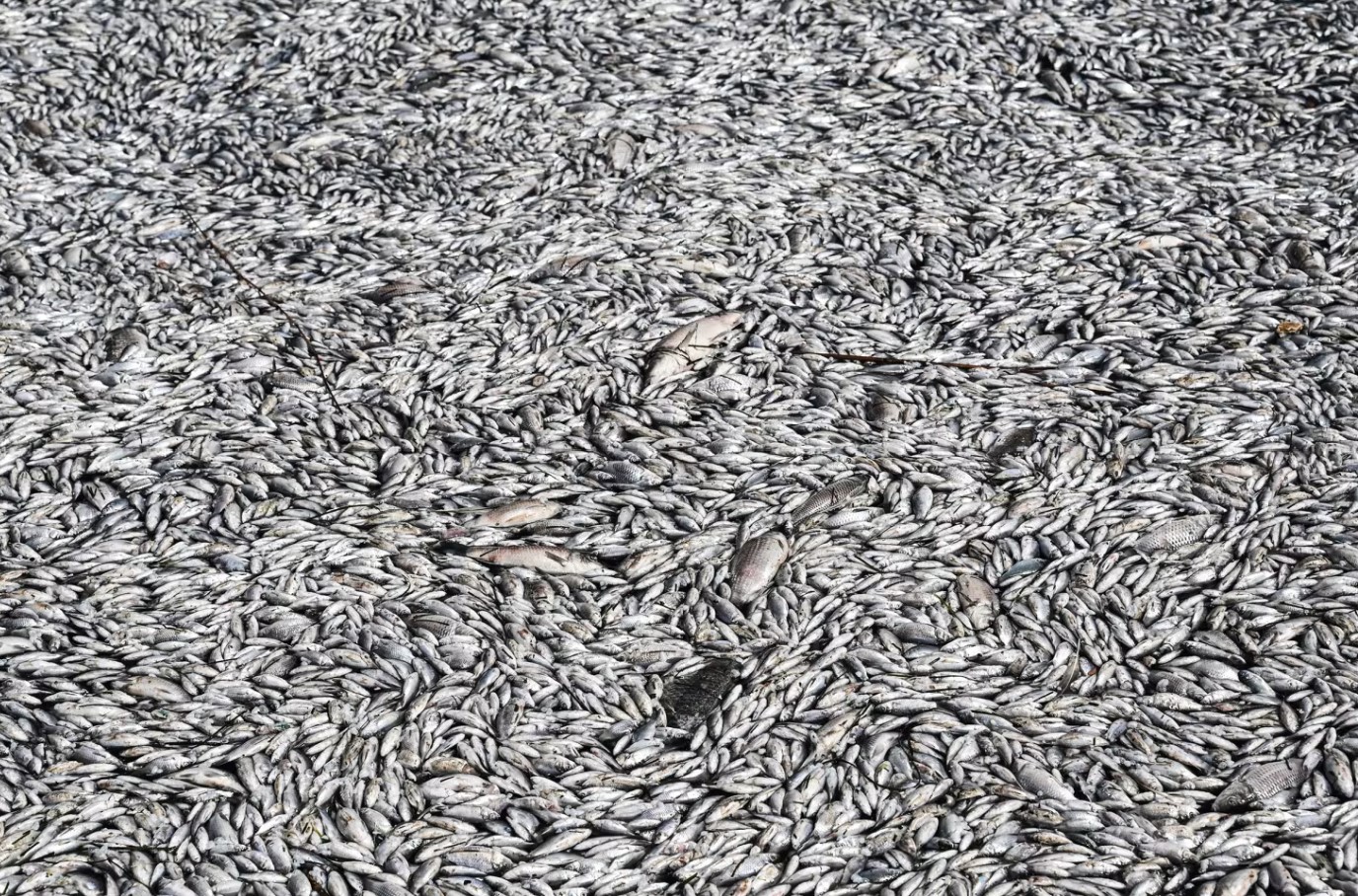
Despite his restaurant being one of the top-rated seafood venues on the promenade, Voulgaris described this week as the worst he has experienced during the peak summer season.
“With the smell being so bad, who wants to come here and eat fish?” he remarked during what would typically be a busy lunch period. He is not alone in his distress.
80% Drop in Commercial Activity

According to the city’s Chamber of Commerce, commercial activity has plummeted by 80% over the past three days.
This latest crisis follows a series of extreme weather events impacting Greece, a country heavily reliant on tourism and agriculture, and which annually attracts over 1 million visitors from the U.S.
Climate Crisis Intensifies Extreme Weather
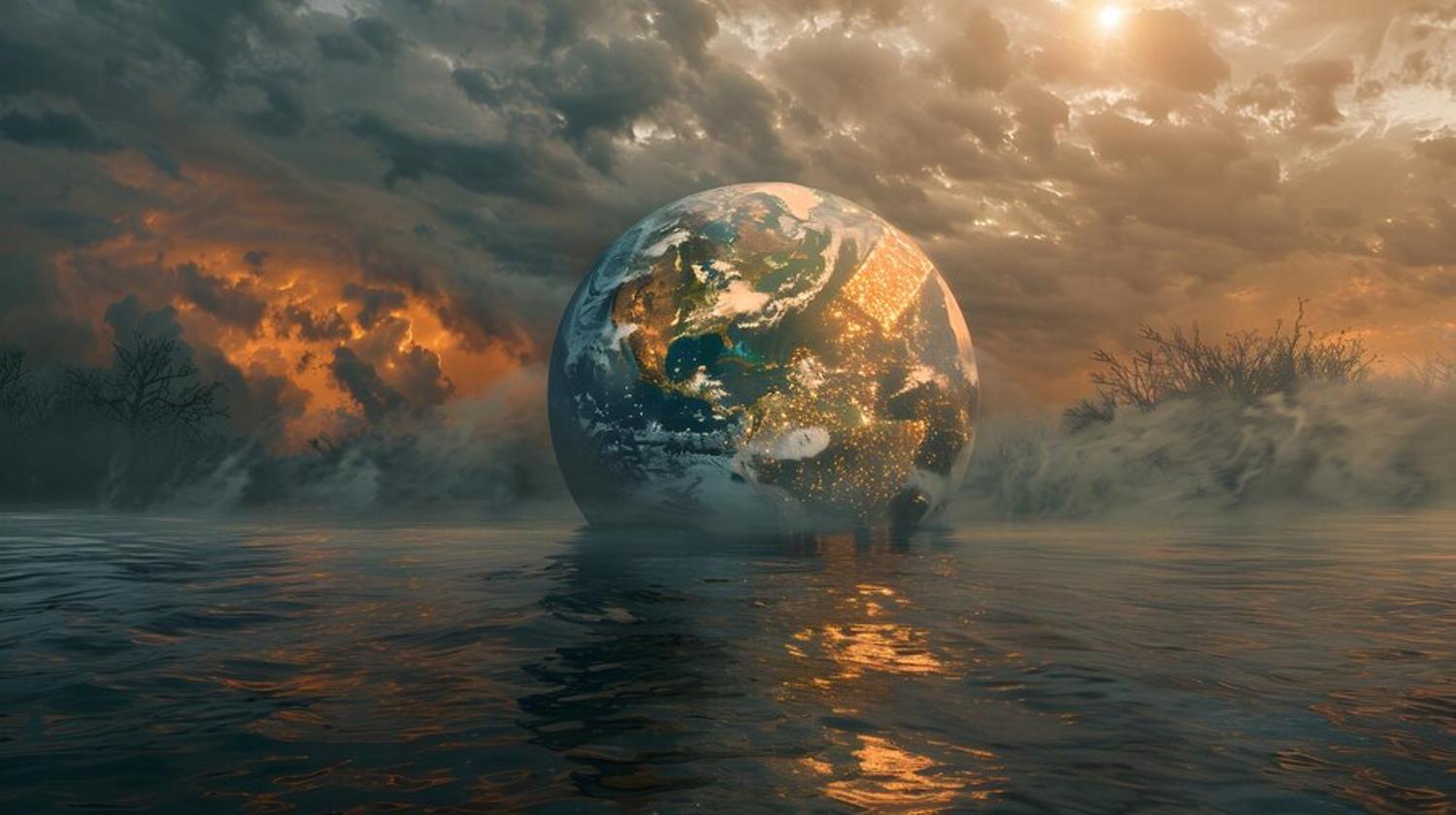
Scientists link the increasing severity and frequency of such extreme weather events to the human-driven climate crisis.
Last September, Storm Daniel struck Greece and its islands, resulting in at least 17 fatalities and widespread destruction of crops, particularly cotton, for which Greece is the largest EU producer.
Flooding and Lake Management
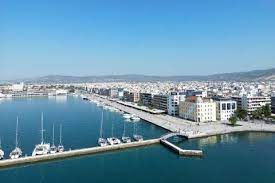
Farmland in Thessaly Plain, north of Volos, was inundated, and Lake Karla, a nearby water body that had been reduced in size in the 1960s to expand farmland and fight malaria, was also affected.
As Lake Karla’s waters returned to normal levels, freshwater fish were pushed downstream into the Pagasetic Gulf, leading to the massive die-off.
Cleanup Progress
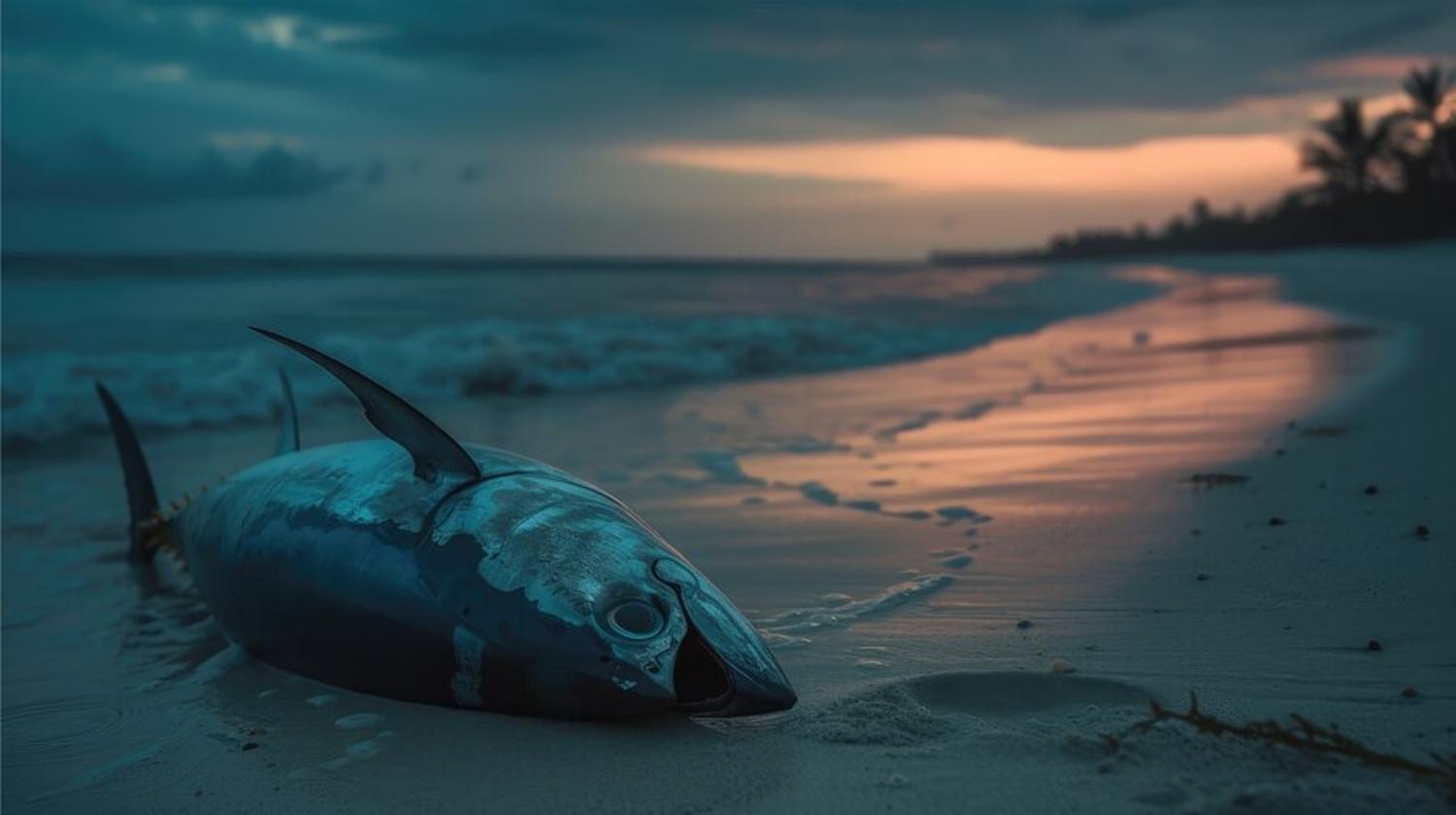
Officials report that the cleanup is progressing, with most fish having been removed by trawlers and excavators.
By Thursday noon local time (5 a.m. ET), Voulgaris estimated that 90% of the dead fish had been cleared, and by the afternoon, authorities announced that 100 tons of fish had been collected and incinerated.
Greece’s Tourism Future
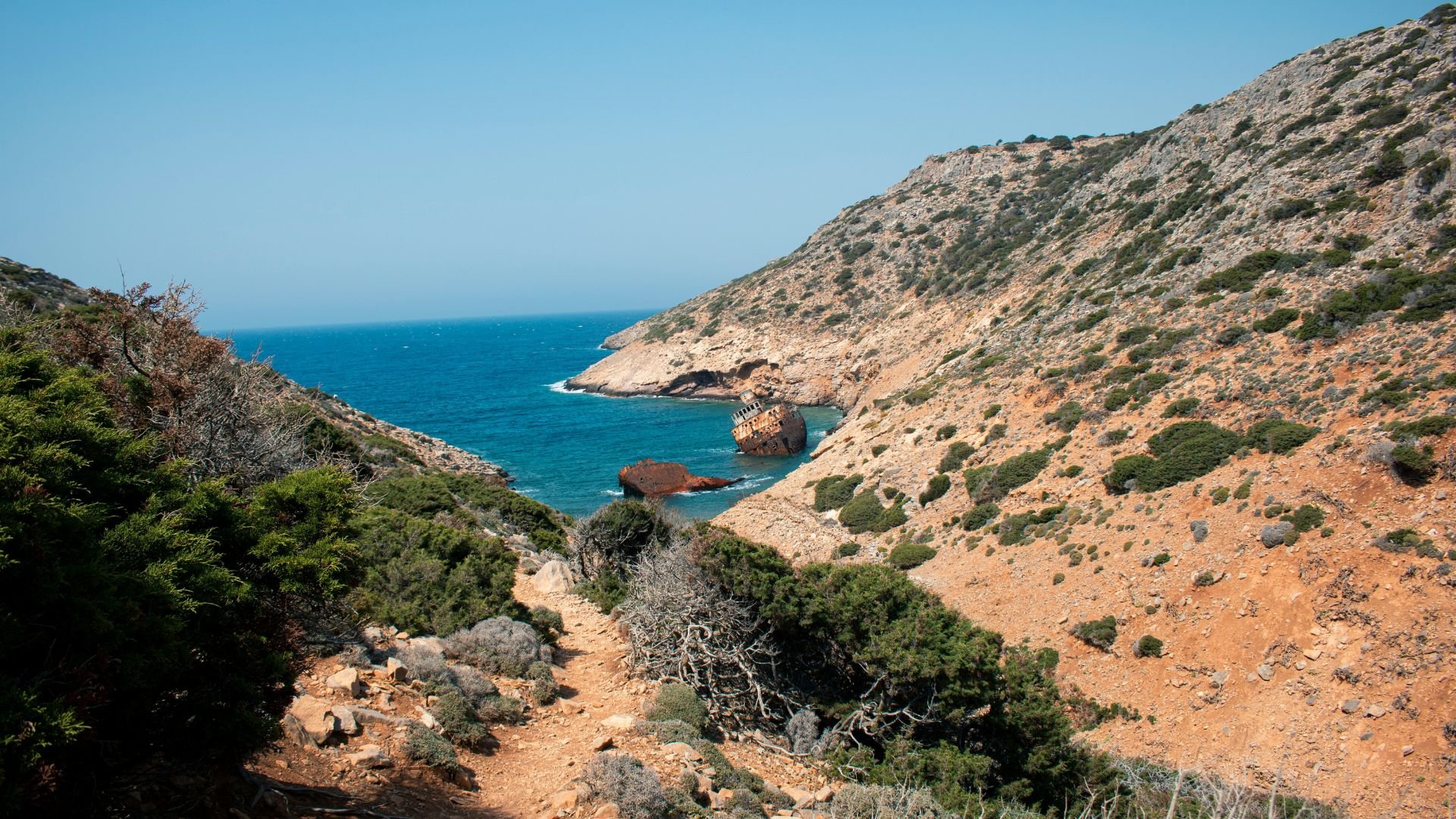
A political dispute continues, raising concerns about Greece’s future as a tourist destination.
These worries are exacerbated by the increasing frequency of extreme weather events.
Volos Mayor Blames Central Government
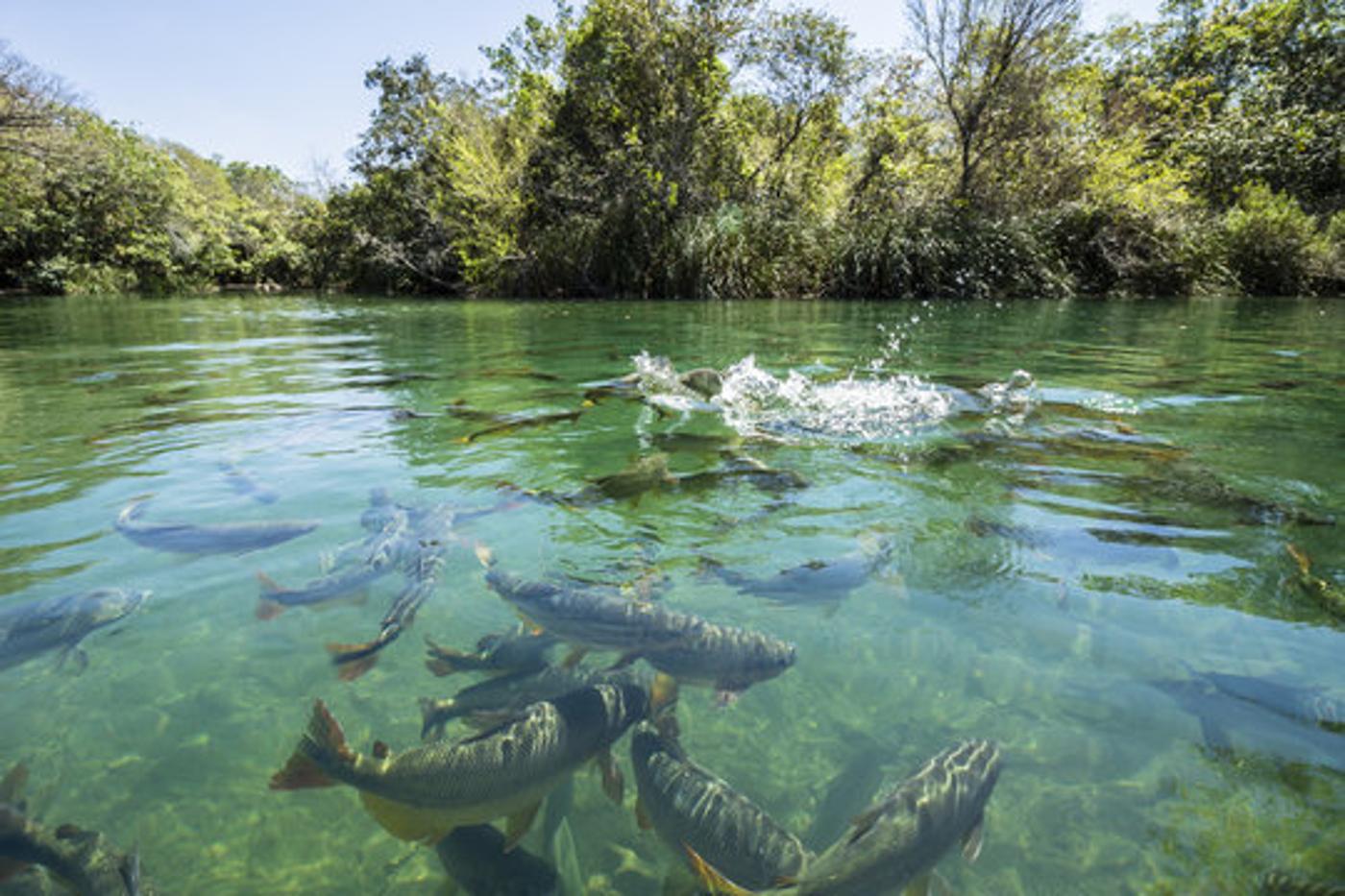
Volos Mayor Achilleas Beos has criticized the central government for not installing protective nets at the river’s mouth, which he believes could have prevented the ecological and economic crisis.
“They didn’t do the obvious, to put a protective net,” he said at a lively news conference on Wednesday.
Environment Ministry Remains Silent
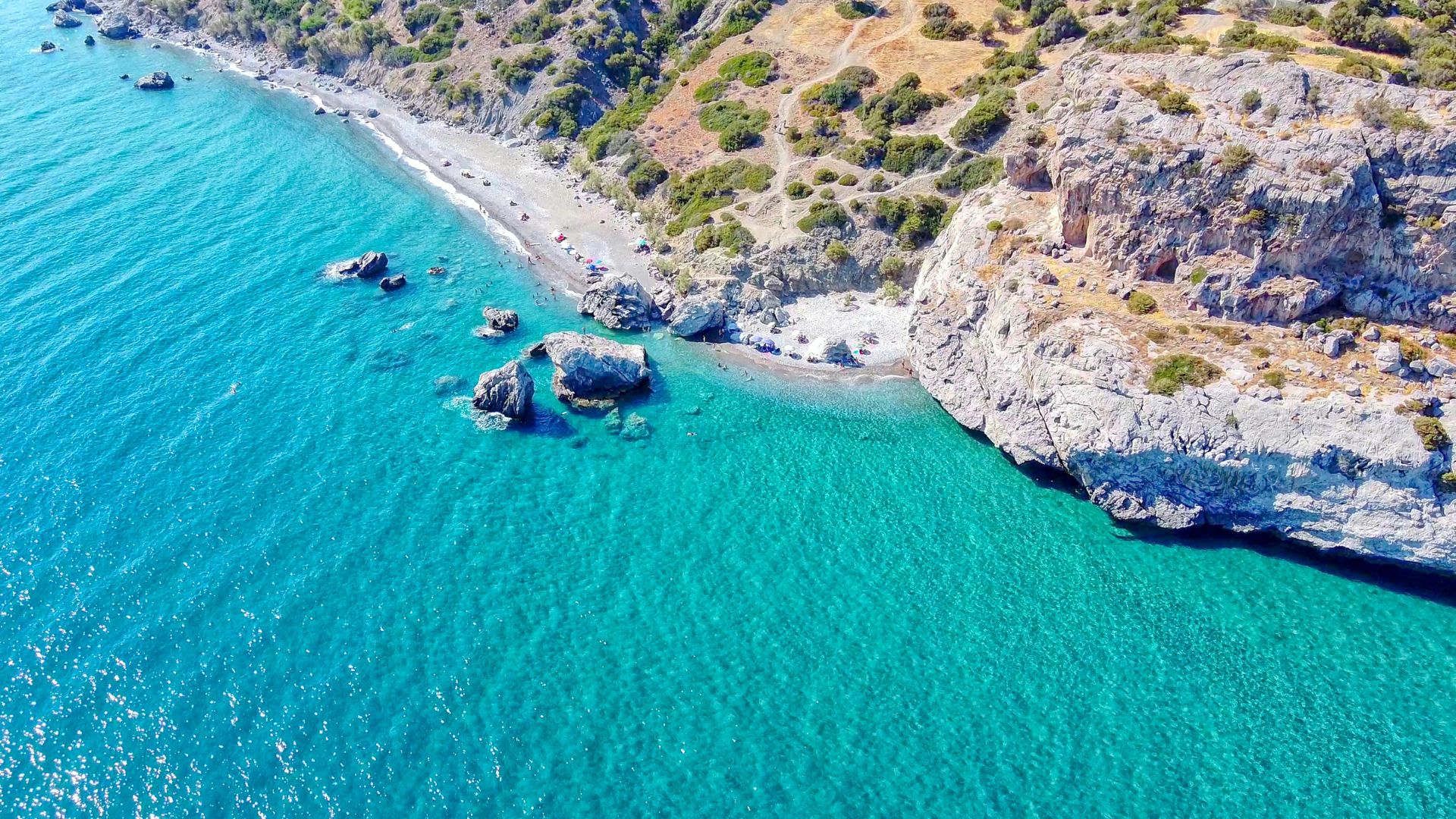
Beos warned that the rotting fish could lead to further environmental issues for local species.
The Greek environment ministry has not yet responded to requests for comment.








































